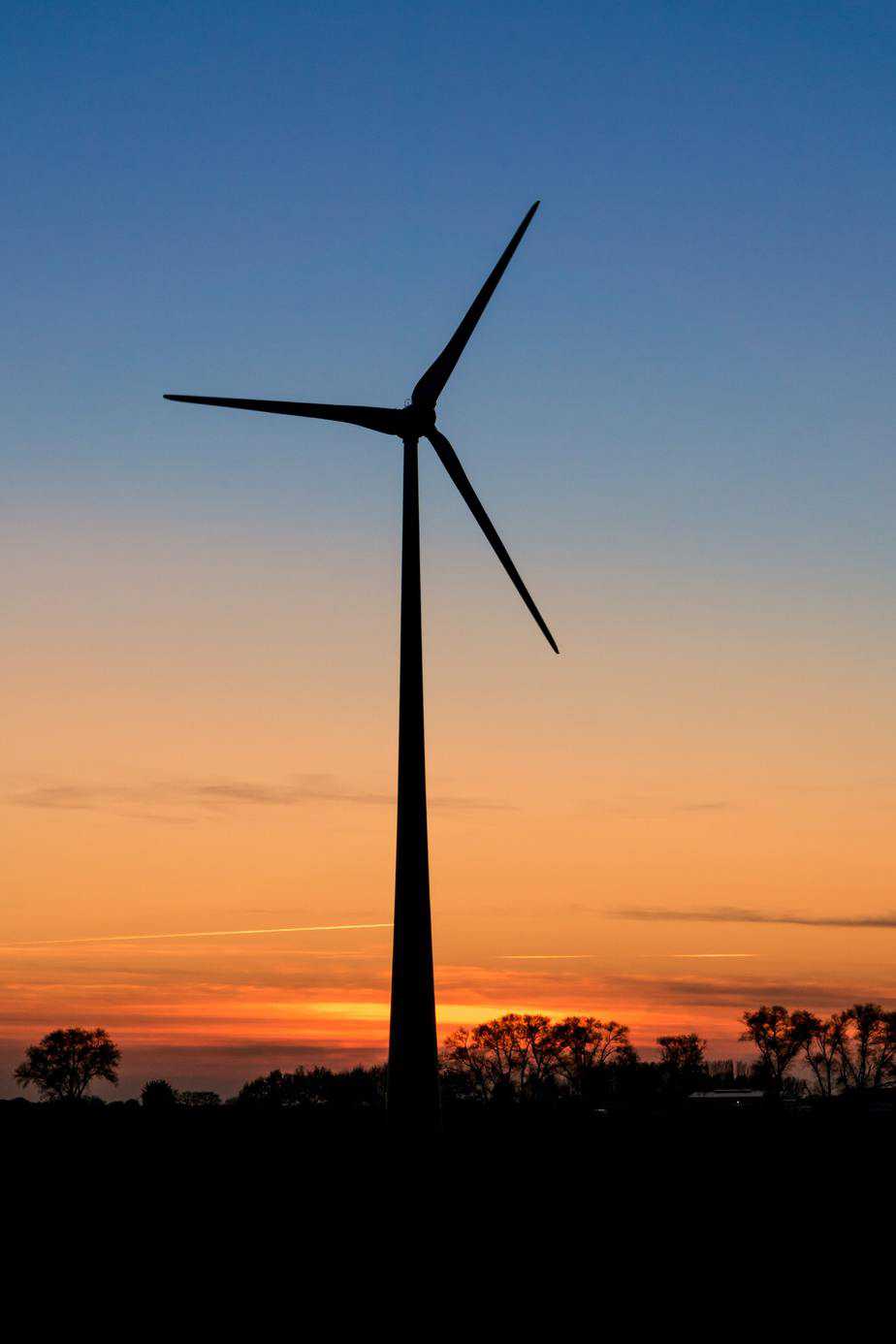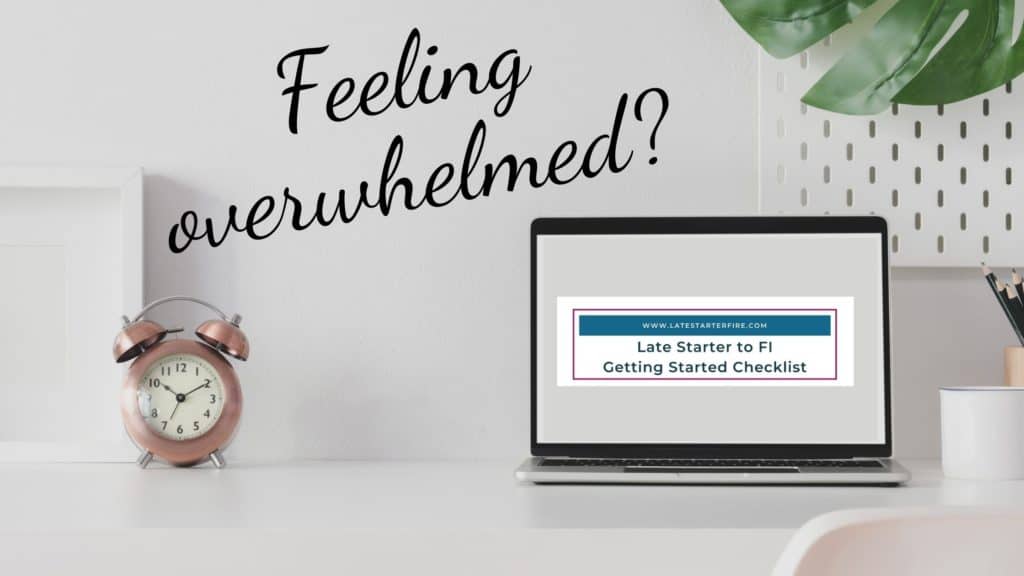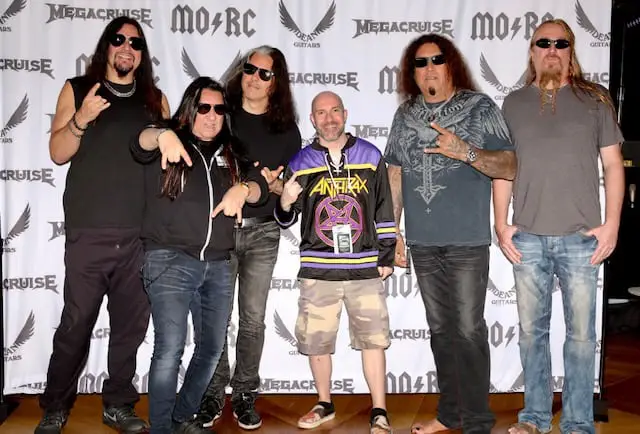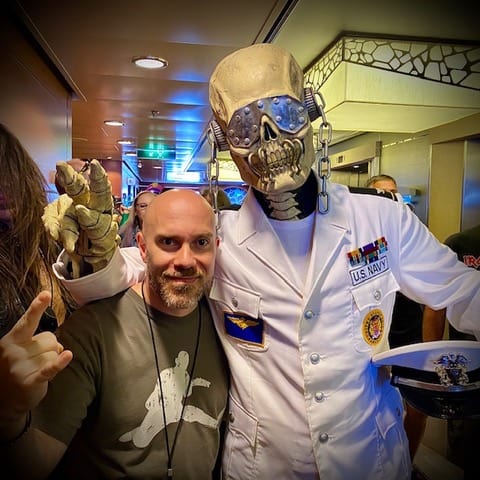
Hello and welcome to episode #4 of the Late starter to FI series!
In this series, I share stories of Late Starters, specifically those of us who start our Financial Independence Retire Early (FIRE) journeys later in life, in our 40s, 50s and 60s.
Our stories answer questions such as “have we left it too late?”, “how can we catch up?”, “can we still retire early(ish)?” and more.
A special thanks to those willing to share your stories. So far, these are
#1 Project Palm Tree from Australia
#2 A Simple Life from UK
#3 Heavy Metal Money from USA
I promise you – there are many more stories in the pipeline, from a truly diverse group of people – I can’t wait to share them with you.
If you too would like to share your story, please email me at info@latestarterfire.com – you don’t have to be a blogger or podcaster. I would love to welcome you into our conversation.
Today, we meet AW from Australia, who writes at Adultingworld.com – a blog about discovering personal finance in her 40s through finding Dave Ramsey online. Edit: Adulting World has sadly closed her blog
You may connect with AW on Twitter – @adultingworld – we have had many a good conversation here 🙂
And now, it’s over to AW.
Disclosure: Please note that I may benefit from purchases made through my affiliate links below, at no cost to you
A bit about me
Hi, I can’t publish my name as I work in a field where there are very few of us and therefore am reasonably identifiable. At this time, I am a construction project manager in renewables. I’ve worked in resources construction for the last 10 years.
I am in my late 40s – staring down the barrel of the 50s.
Hobbies and passions are a challenge at the moment. But I am keen to develop more interests outside of work, after finishing this current phase of crazy work hours.

Feeling Overwhelmed?
Use this FREE Checklist to start your journey to Financial Independence
Looking back
I had gleefully spent my way through my 20s gathering debt here and there like the pied piper gathers rats. Then, like any ‘normal’ person I decided that, despite all this debt, I needed more!
I decided at 30 that full time university was the way to go. Actually, in my case it was a great life choice, but it could have been better handled financially.
So, here I was, in my early thirties, a full time student with a tiny part time income and lots of debt – what to do? Sell the house or starve? Thankfully, the house sold with just enough to pay out the mortgage & the debts from my 20s.
Move on 3 more years and I’m out of university and right into the next dumb debt thing – credit cards and a car loan! Yes! I had both and spent with reckless abandon! At that time I had a peek at my finances and realised that my income did not match my spending. So, what did I do? Learn how to be smart? Pay off my debt? No! I got a high paying FIFO (fly in fly out) job.
So, here I was, high income, FIFO job, credit cards, spending heaps on travelling & think – Hey, I know what would be great – I could buy a house! Anyway, I’m sure you know where this is going – as Dave Ramsey says – I really did have “stupid, spoiled brat debt”.
Fast forward to 2013 – I was now working in a job in the city that paid EXTREMELY well (but was enormously stressful), several credit cards, mortgage debt, 2 personal loans AND a brand new car. Yes I had them all!
The 'Oh SHIT!' moment
I’m walking the dog across an oval, wondering why I always seem to be broke, and start calculating the daily interest charges. To my horror, I realised my daily interest rate on my consumer debt alone just about exceeded my income. Talk about your ‘Oh SHIT! moment!
Thankfully the internet had an abundance of information and so my searching began. Such great classic search lines like – “how do I dig myself out of debt” and even such great life choices like “how can I marry someone for money”. Needless to say that second one did not reveal any options that appealed, so I continued to look for resources that could help me with this mess I had made.
And then, lo and behold, I discovered this crazy American on YouTube screaming on a stage about cheetahs, gazelles and how debt is dumb. Yes, I discovered Dave Ramsey’s “The Total Money Makeover”
Now, us Australians are not usually drawn to over the top personalities, but the more I read about his methods, the more I thought that this might work. My personality type is all in, passionate and I want to see progress EVERY SINGLE WEEK. Dave’s gazelle intensity debt payoff suited me to a T.
Quite simply, The Total Money Makeover changed my life.
Over the course of the next 4 years I went from consumer debt, which at its height was in the $200,000’s, to …… drum roll please….. ZERO! (I still have the mortgage) Yes, finally in 2018, after 4 long, hard, painful years I finally climbed out of that hole and onto flat ground.
I did it using the debt snowball method* and obsessively watched Dave Ramsey YouTube channel on other people getting out of debt.
One thing I didn’t do was spend a lot of time watching or reading about those that had already done it. I’m the same with FIRE. It’s great that many people like to do this and find success stories motivating. I have great respect for those who have done the hard yards and made the touchdown. Oddly though, if I read more than the occasional one or two, I find these stories can be a bit disheartening because it inevitably leads to thinking about how far away my own end game is, so my preference is to spend time reading/watching those that are ‘still in the trenches’.
*Debt snowball method – pay the minimum off all debts but throw everything at the smallest debt (irrespective of interest rate) until it’s gone and repeat for the next smallest debt.
Discovering FIRE
I read about FIRE in Vicki Robin’s ‘Your Money or Your Life’ in the 1990s but didn’t really understand it until I started looking into financial independence on the internet and processed Dave Ramsey’s book ‘The Total Money Makeover’.
Only my step mother understands this concept. But I never understood her approach. Everyone else in the family sees smart investment choices as only achievable through property rather than shares. Personally I tried that but hated the high debt level that stressed me out too much so sold quickly and just barely broke even.
The attraction of FIRE is mostly the FI part. I am keen to achieve this. I had always wanted to be in a position where I wanted to work, not had to work. Unfortunately information on FIRE on the internet has really only exploded in the last 5 years from my perspective, so I didn’t have much simple guidance available when I was at the heights of my debt driven life to set me on a good path.
I am so grateful it’s out there now and keen to spend more time with FI minded people as time allows. My friends see what I’m on about but most have kids so don’t have a focus on FI the way I do.
Taking steps on the FI path
My first step as detailed above was to clear my life of all debt using Dave Ramsey’s method.
My current step is to throw as much as possible into my mortgage to get that gone and start building my share portfolio outside of superannuation. I am also throwing the maximum into superannuation that I can.
My current acceleration of the FI journey is driven by working remotely. All my housing costs and car come with the job but the hours are unbelievable – usually 70ish per week and high stress.
However, if I wanted to, this would be my last project and I could start winding back as soon as the project is complete. It would slow things up a little. I am working my way through processing this financial position.
When I took on this project, I knew I could do it slower, but it was way too tempting to be able to smash out 2 decades of mortgage payments in about 2 years, even with the cost of work/life balance. Also the rent from my property pay the current mortgage payments so this is one of my contingency plans should anything happen to my plan.
Current financial situation
My situation is pretty good. I have no debt beyond the mortgage – I HATE owing money now. Most of my investments are in the value of my rental property and superannuation, so I can take advantage of approximately 20 years of compound interest if things go well.
The percentages below are exclusive of debt.
Superannuation: 70%
Emergency Fund: 2% (30% of this is in cash and 70% as redraw against mortgage)
Investments outside super: 28% – which comprises of one rental home, shares & tiny cryptocurrency amount
I feel like I have a long way to go, but in reality, I could do the part time transition as noted by Money Flamingo (flamingoFI) at the end of 2023, once the mortgage is paid off and I’ve got one year of share investing at my current high income level.
Provided I could earn enough for living costs doing part time work ie Coast FI or Flamingo FI, then FI is in 3 years. Doing this will lower my overall money at 67 but would give me a number of years to take life a little easier, learn to focus on interests outside work, do some slow travel.
Challenges and benefits of starting late to FI
The way I see it, the biggest challenge is the perception of time and the feeling of being ‘behind the eight ball’. This has driven me to accelerate my FI journey to make it as fast as possible because I don’t have the luxury of 30+ years of compounding interest.
Don’t get me wrong. I recognise I have the privilege of earning a high income so that becomes easier for me. But it doesn’t free me from the ‘why didn’t I do this earlier’ thoughts. And ‘why didn’t I pay off the mortgage earlier, like I could have” thoughts as well.
How to overcome them? There are probably healthier ways to do it than the way I’m doing it. Liker learning to accept that mortgage payoff will take longer and achieving FI slower.
Also, I am doing this on my own. There is internal pressure to make sure I earn as high an income as possible so I wouldn’t be left struggling financially as my mum did.
My mum was brought up in the generation when education was not valued for women. So she relied on my dad for all the income. When he left, it put her in a very difficult position financially for years and she had to work in a minimum wage job for at least 15 years. This took a toll on her health. Avoiding her life situation has been a driving force for me as well.
The advantages of starting later for me was getting emotionally settled and earning a high income so I could use the income in an intelligent way. Also, I’ve gotten past all the stupidity and short range perceptions I had when younger.
Any regrets?
My good money decisions were – going to university full time at 30 to fundamentally change my career and get cosmetic surgery in my early 40s on something that had bothered me since I was in my early teens. Also spending money on travel. I could have paid off my mortgage but chose to travel around the world – I’ve been to all 7 continents. I am so grateful I did that.
The only thing I would change would be to have made better choices on debt. However I wasn’t in any way financially educated until about 6 years ago. I had no idea about debt and what it does to your future. So I don’t regret my choices as I really didn’t know any better.
What's next?
My long range target is to not touch superannuation until 67. This gives me the best chance to have the maximum amount to last me for the retirement phase of my life, without trading off too much more of my life with my crazy work/life imbalance.
Assuming that things go according to plan, then yes I will get to FI. And yes, I will retire a lot earlier than I thought possible prior to embarking on the FI journey. But I’m not sure if I will retire – I am open to seeing how it will go.
When I get to the next phase in this FI journey, I may volunteer in project management for the Red Cross or others that help in areas hit by disasters, which is something I would love to do. Or maybe teach, another area I’m considering for the future. If I can afford to live off investments. These items are easier when you are financially independent.
Beyond the few items mentioned above, I’m actually not sure what’s next. At this time, I’m really focused on getting to FI and when I get close, I guess that is when the ‘what’s next’ will become clear.
Latestarterfire here
Thank you very much, AW for being so honest about your past struggle with spending and debt. I admire your laser like focus to crush your consumer debt and you did it in 4 short years.
Sometimes the criticism among FIRE circles is that it is easy for people with high incomes to achieve FI; it is certainly easier, not necessarily easy. The higher your income, the more you have to spend – that lifestyle inflation is oh so tempting.
We all wished we made better choices in our past. You are making tremendous progress marching towards your future – I look forward to the day when your ‘what’s next’ means you no longer have to work. Or that you can transition to part time work.


